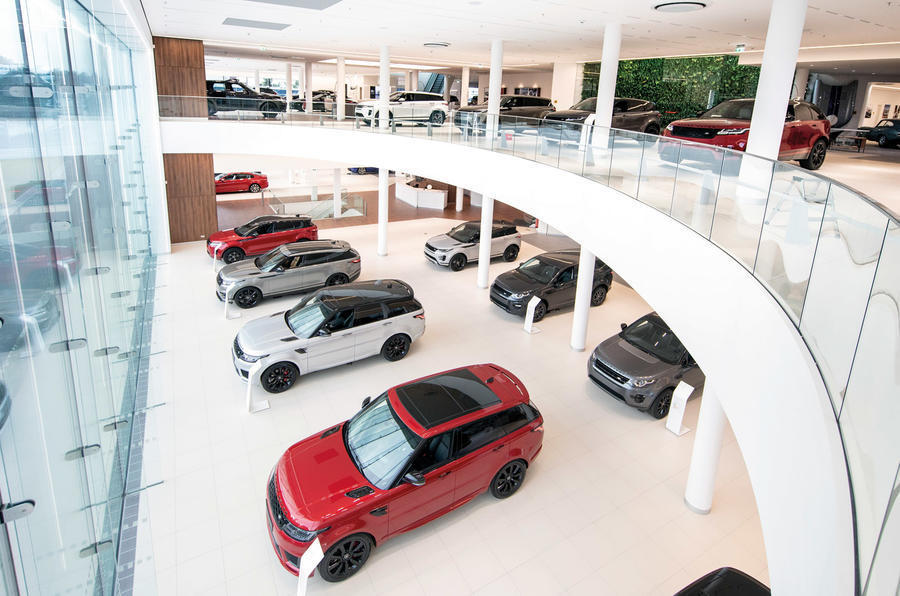New figures released by the Society of Motor Manufacturers and Traders reveal that new car sales plummeted 34.4% year on year in September – traditionally one of the busiest months for the industry.
Just 214,312 new cars were registered last month, the lowest September total since the two-plate registration system was introduced in 1999. It is also 44.7% down on the 10-year average for September.
Even last September's total – 328,000 new cars registered – was a 22-year low, brought on by the pandemic-induced dealership and factory shutdowns that curtailed output last year.
The setback has been attributed to the ongoing shortage of semiconductor 'chips' that has throttled car production globally, leaving many factories idle for months at a time and extending new car lead times by several months.
However, the rise in popularity of alternatively fuelled cars continues, with some 32,721 battery-electric cars (BEVs) registered in September, just 5850 fewer than were registered in the whole of 2019. It was the best month on record for BEV uptake, bringing the segment's market share up to 15.2%.
It was a relatively strong month for plug-in hybrids, too, which now claim a 6.4% market share, up 11.5% over 2020's share, meaning more than one in five cars registered last month can be driven with the engine off.
Demand from private car buyers dropped 25.3%, with just 120,560 cars purchased by individuals, but it was a 43.1% decline in fleet sales that had the biggest impact on September's figures.
SMMT chief executive Mike Hawes called the performance "desperately disappointing" but praised the efforts of manufacturers who are "taking every measure possible to maintain deliveries and customers can expect attractive offers on a range of new vehicles".
He added: "Despite these challenges, the rocketing uptake of plug-in vehicles, especially battery electric cars, demonstrates the increasing demand for these new technologies.
"However, to meet our collective decarbonisation ambitions, we need to ensure all drivers can make the switch – not just those with private driveways – requiring a massive investment in public recharging infrastructure. Charge-point roll-out must keep pace with the acceleration in plug-in vehicle registrations."
The figures come just days after the SMMT revealed the UK's new car output dipped by 27% in August, also a result of the chip shortage, and year to date is 32% behind pre-pandemic 2019.









Join the debate
Add your comment
Still moaning I see Jason. Oh the curse of democracy